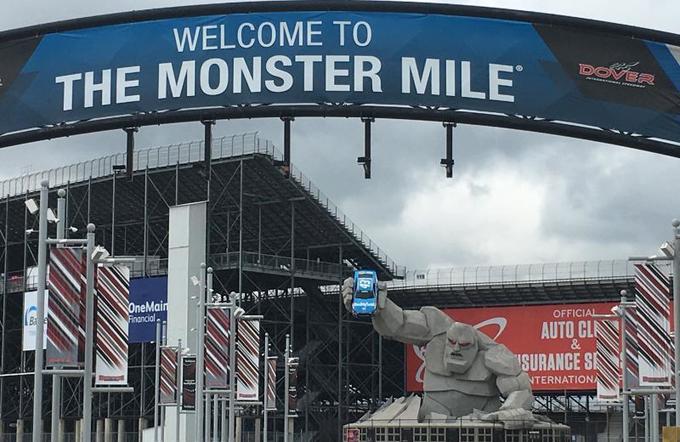Sports Betting Kiosk
Race fans will be able to place bets at the track during this weekend’s NASCAR tripleheader at Dover Downs Racetrack.
Source: www.delawarepublic.org
Dover Downs Casino staff will be taking bets from the kiosk on Saturday’s NASCAR Xfinity Series and Sunday’s Monster Energy series playoff races as well as the full menu of sports.
Dover Downs Racetrack Assistant Vice President of Marketing Gary Camp says Las Vegas odds-makers William Hill will set the odds for individual drivers.
This is the first time in NASCAR history fans can legally bet on a race on location.
